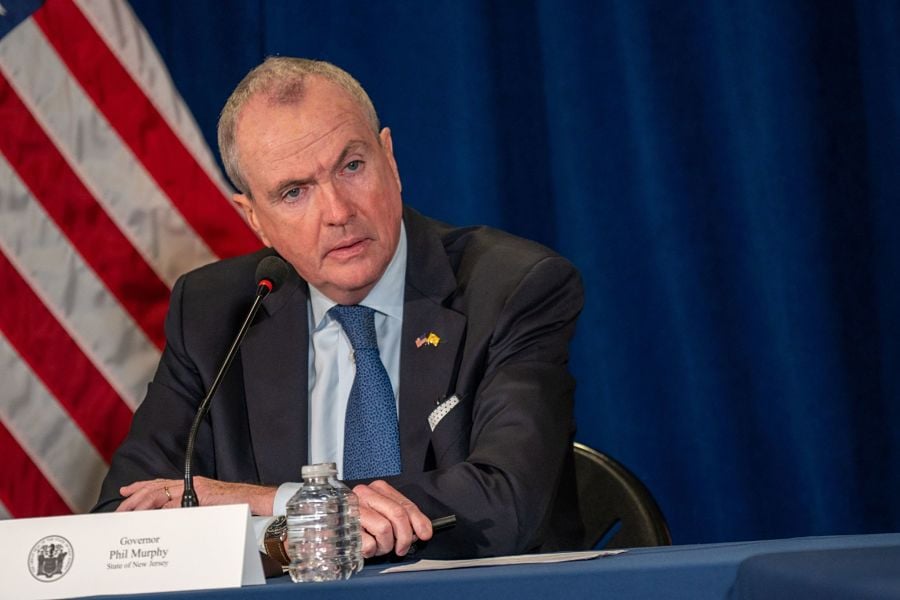

New Jersey Governor Phil Murphy and Democratic legislative leaders have agreed on a budget deal that will raise taxes on about 35,600 millionaires.
The deal will push the tax rate to 10.75%, from 8.97%, for those with incomes above $1 million. It also includes a maximum $500 tax rebate for about 800,000 households, those with at least one child and income below $150,000, Murphy and lawmakers announced today at a press conference.
“We do not hold any grudge at all against those who have been successful in life,” Murphy said. But “now is the time,” with families suffering job losses, to ask for more from high earners, he said.
Murphy, a first-term Democrat, had pitched the higher rate in prior budget years but was blocked by Senate President Steve Sweeney, New Jersey’s highest-ranking state lawmaker.
New Jersey must have a budget in place for the Oct. 1 start of the revised fiscal year, a nine-month cycle. The current fiscal year was lengthened by three months amid uncertainty about how much revenue would be lost because of the coronavirus pandemic. The new spending plan includes $4 billion in borrowing to plug a revenue gap.
In 2018, Murphy enacted the 10.75% rate, the state’s highest, on those with incomes exceeding $5 million. The millionaire’s tax would apply to 16,491 New Jersey residents and 19,128 people living out of state, according to budget documents.

With its asset pipeline bursting past $13 billion, Farther is looking to build more momentum with three new managing directors.

A Department of Labor proposal to scrap a regulatory provision under ERISA could create uncertainty for fiduciaries, the trade association argues.

"We continue to feel confident about our ability to capture 90%," LPL CEO Rich Steinmeier told analysts during the firm's 2nd quarter earnings call.

It's the mega-RIA firm's third $1B+ acquisition in just three months.

The deal marks a strategic entry into private asst markets for the ETP, ETF innovator.
Orion's Tom Wilson on delivering coordinated, high-touch service in a world where returns alone no longer set you apart.
Barely a decade old, registered index-linked annuities have quickly surged in popularity, thanks to their unique blend of protection and growth potential—an appealing option for investors looking to chart a steadier course through today's choppy market waters, says Myles Lambert, Brighthouse Financial.
